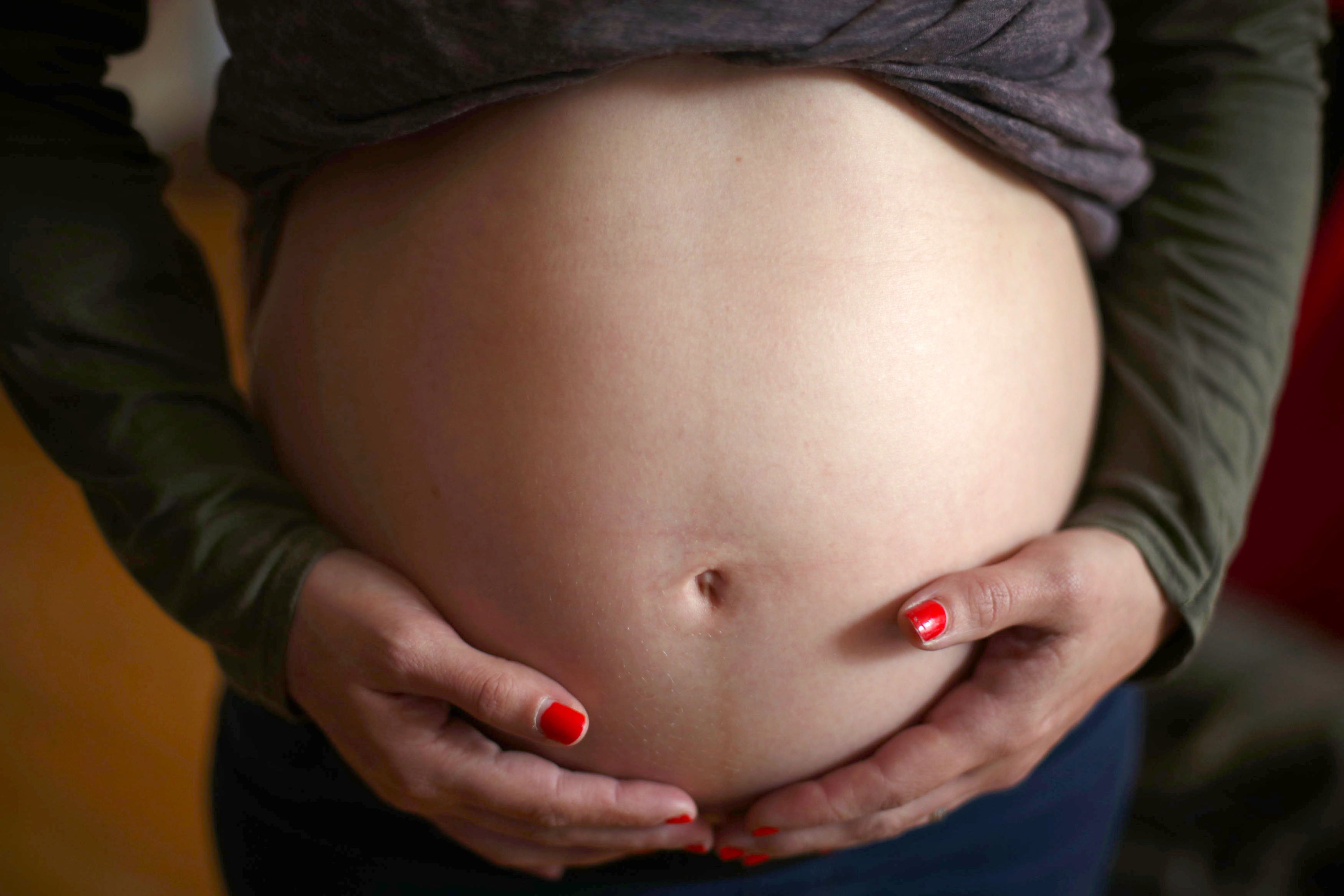Hundreds of thousands of miscarriages go unrecorded each year
Counting losses ‘will improve care and ultimately save babies’ lives’, pregnancy charity chief tells Maya Oppenheim


Hundreds of thousands of miscarriages go unrecorded in the UK every year due to healthcare providers not recording them, campaigners have warned.
Tommy’s, a leading pregnancy charity, said the lack of available data on miscarriages results in the problem being overlooked by health services.
Bophanie Lun and Ben Lankester, a couple who have made a film about miscarriage after Ms Lun experienced one, said: “Miscarriage still feels like a taboo that people won’t talk about.
“We were devastated when we found out that our miscarriages wouldn’t be included on our medical records. The loss felt disregarded because no one was counting, other than us.”
Lindsey Frodsham, who works on the miscarriage campaign at Tommy’s, told The Independent the NHS does not collect data on miscarriages as a blanket rule.
She added: “We might be bringing down miscarriage rates or they could be going up - we don’t know. We have no benchmark.
“We need this data to drive progress to check if solutions people are trying to put in place are working. Parents imagine their life with their baby. If that doesn’t go to plan, they want that acknowledgement their baby did exist.”
She argued the decision not to record miscarriages is tied to a deep-rooted societal attitude that “invalidates grief” about miscarriages.
Ms Frodsham added: “Not recording miscarriages sends the same message being sent to them from elsewhere in society: It doesn’t matter, it doesn’t count, it has not even been counted.”
One in four women is estimated to experience miscarriage in their lifetime, while one in four pregnancies ends in miscarriage. Miscarriage is defined as losing a pregnancy before 24 weeks. Meanwhile, around 14 babies are estimated to die before, during or soon after birth each day in the UK.
Tommy’s charity argued consistent national statistics on miscarriage are needed and has launched an online mechanism for people who have had experienced one to record this. The organisation also started a petition that has gained over 235,000 signatures, which Olivia Blake, the Labour MP for Sheffield, Hallam, recently delivered to parliament.
Jane Brewin, the chief executive of Tommy’s, said: “With national targets to reduce premature birth and stillbirth, it’s time to prioritise miscarriage too.
“Finding out exactly how many losses happen in the UK will help accelerate research, improve care, and ultimately save babies’ lives. We believe that every loss is one too many and every voice needs to be heard.”
She argued miscarriages are frequently “dismissed as ‘one of those things’, and parents grieving a much-wanted baby are simply told to try again, with no understanding of the lifelong impact these losses can have.”
The dearth of data on miscarriages pushes the view that they are “not important enough to count”, she said, adding that “this attitude doesn’t just hurt families going through it, it also holds back the changes needed to spare others that heartbreak.”
Campaigners previously told The Independent women who lose their child after suffering a miscarriage, stillbirth or neonatal death are let down by a lack of counselling and support to help them deal with the trauma.
Women often receive tragic news their baby has died in tiny cramped windowless rooms and busy outpatient areas — with women and partners saying health professionals were insensitive or that they felt rushed after hearing distressing news.
An NHS spokesperson said: “NHS guidance is for all hospitals to provide women with appropriate facilities and support when they have a miscarriage, including access to emotional support and a private bedroom away from birthing areas.”



Join our commenting forum
Join thought-provoking conversations, follow other Independent readers and see their replies
Comments